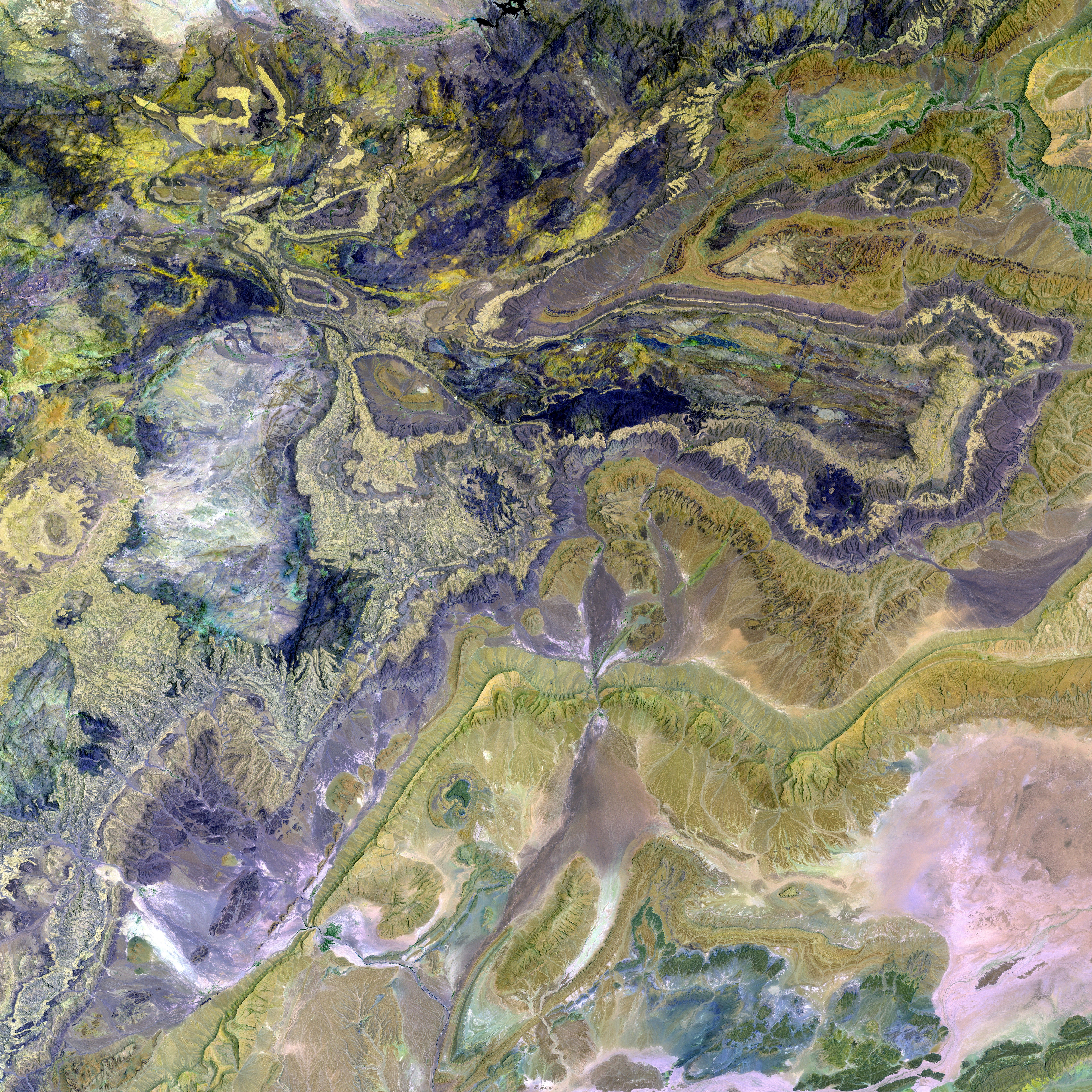Navigating Workers' Compensation and Medicare: Essential Insights
Important Notice: Failing to Inform Medicare About Workers' Compensation Arrangements May Lead to Claim Denials and Repayment Obligations
Individuals receiving workers' compensation for job-related injuries or illnesses should be mindful of the potential impact on their Medicare coverage, according to the Centers for Medicare & Medicaid Services (CMS). Without proper notification, enrollees may face claim denials and be required to reimburse Medicare.
Workers' compensation serves as insurance for employees who have suffered injuries or illnesses directly related to their jobs. The Office of Workers' Compensation Programs (OWCP) under the Department of Labor oversees this benefit, which applies to federal employees, their families, and certain other entities.
Given the intersection of workers' compensation and Medicare coverage, it is essential for individuals currently enrolled in Medicare or those who will soon qualify for the program to understand the potential ramifications of their workers' compensation benefits. This knowledge can help prevent complications with medical costs for injuries or illnesses incurred at work.
Implications of Workers' Compensation Settlements on Medicare
Medicare's secondary payer policy mandates that workers' compensation act as the primary payer for any treatment related to a work-related injury. However, if immediate medical expenses arise before an individual receives their workers' compensation settlement, Medicare may cover the costs first and initiate a recovery process managed by the Benefits Coordination & Recovery Center (BCRC).
To avoid a recovery process, the CMS generally monitors the amount an individual receives from workers' compensation for injury or illness-related medical care. In some cases, Medicare may request the establishment of a workers' compensation Medicare set-aside arrangement (WCMSA) for these funds. Medicare will only cover care after all the money in the WCMSA has been exhausted.
Reporting Workers' Compensation Settlements to Medicare
Workers' compensation must submit a Total Payment Obligation to the Claimant (TPOC) to CMS to ensure Medicare covers the appropriate portion of a person's medical expenses. This submission is necessary for individuals enrolled in Medicare based on their age or Social Security Disability Insurance, as well as those who will qualify for Medicare within 30 months and receive a settlement of $250,000 or more.
TPOCs are also essential for settlements of $25,000 or more when the claimant is already enrolled in Medicare. In addition to workers' comp, a person must report to Medicare if they file a liability or no-fault insurance claim.
Frequently Asked Questions
Individuals with questions about their Medicare coverage or recovery process can contact Medicare via phone at 800-MEDICARE (800-633-4227, TTY 877-486-2048) or through a live chat on Medicare.gov. For inquiries about the Medicare recovery process, the BCRC can be reached at 855-798-2627 (TTY 855-797-2627).
Medicare set-asides are voluntary but the carrier must report the settlement amount if it exceeds $25,000 for a Medicare beneficiary or $250,000 for an individual eligible for Medicare within 30 months. Misuse of funds in a Medicare set-aside arrangement can result in claim denials and the requirement to reimburse Medicare.
In closing, awareing oneself of the interactions between workers' compensation and Medicare is crucial, particularly for those already enrolled in or soon to be eligible for the latter. Proper reporting can help avoid future claim rejections and repayment obligations to Medicare. For further resources on navigating medical insurance, visit our Medicare hub.
- Individuals receiving workers' compensation should note that Medicare's secondary payer policy mandates workers' compensation as the primary payer for any treatment related to a work-related injury.
- In cases where immediate medical expenses arise before an individual receives their workers' compensation settlement, Medicare may cover the costs first and initiate a recovery process managed by the Benefits Coordination & Recovery Center (BCRC).
- To avoid a recovery process, the Centers for Medicare & Medicaid Services (CMS) generally monitors the amount an individual receives from workers' compensation for injury or illness-related medical care. In some cases, Medicare may request the establishment of a workers' compensation Medicare set-aside arrangement (WCMSA) for these funds.
- Workers' compensation must submit a Total Payment Obligation to the Claimant (TPOC) to CMS if an individual is enrolled in Medicare based on their age or Social Security Disability Insurance, or if they will qualify for Medicare within 30 months and receive a settlement of $250,000 or more.








